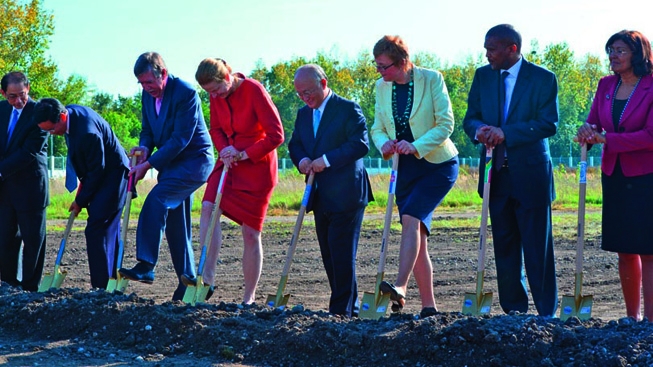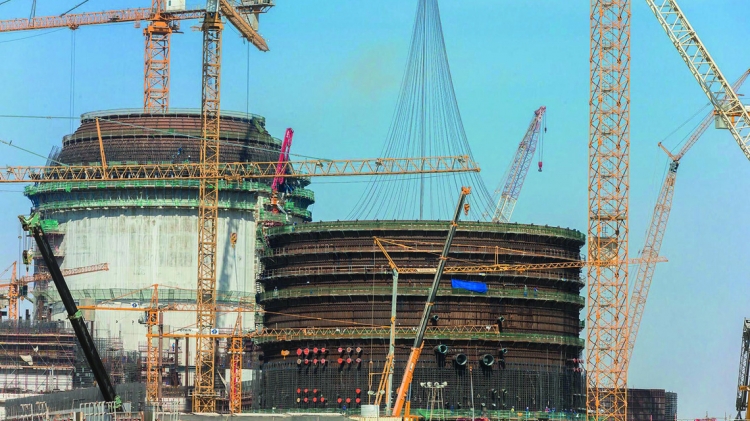With more than 170 projects successfully supported, benefiting more than 130 Member States, the Peaceful Uses Initiative (PUI) has been an effective mechanism for raising additional resources to meet the needs of Member States. The IAEA hopes to carry on with this initiative to further expand the benefits of the peaceful uses of nuclear science and technology in promoting broad development goals. Here is a glimpse into some of the major current and future PUI-supported projects that need additional financial contributions.
For more information, see Peaceful Uses Initiative.
Integrated and sustainable management of water resources in the Sahel region
Duration: 2012 to 2016, with the possibility of extension
Estimated budget: €5.8 million
Freshwater resources are declining in the Sahel region, an area stretching across 13 countries, from West Africa to Central and North Africa. Effective management of the existing water resources in these countries is essential to ensuring adequate water supplies in the region.
This project aims to assist these Member States in developing integrated and sustainable approaches to water resource management. It provides training for professionals, procurement of equipment and laboratory services, and field expert advisory missions. Supported by the Technical Cooperation (TC) Fund and extrabudgetary contributions through the PUI, the project began in 2012 and has since achieved key milestones, such as the development of a preliminary technical report resulting from the first sampling campaigns and the enhanced capacities of national institutions and professionals in using nuclear techniques for assessing water resources.
For more information, see Water in the Sahel.






